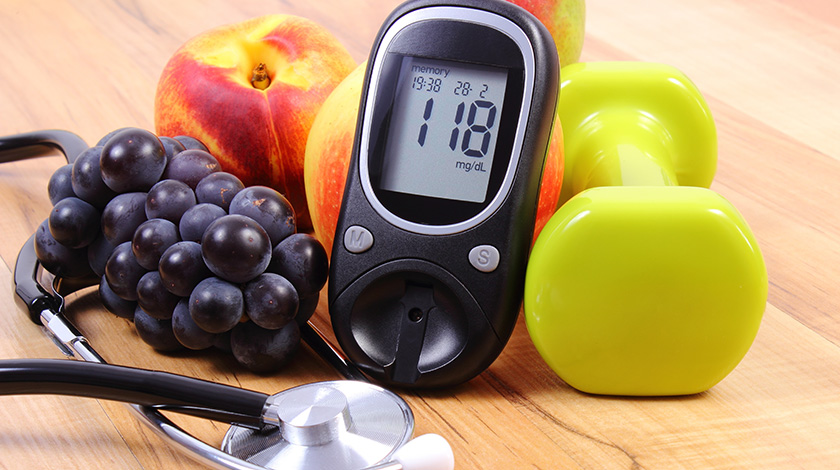Diabetes is not a rare disease. But there are still common questions surrounding diabetes that many ask. Watch our interview with Ms.Kammie Yu, the Founder/Director of Angel of Diabetic to learn the truth and myths about blood sugars and diabetes.
Does sugar consumption cause diabetes?
There has not been a study concluding that high sugar intake directly leads to diabetes. Nevertheless, the pancreas needs to release insulin to convert glucose (sugar) from food into energy. In other words, the higher the sugar intake, the harder the pancreas works to keep up with the body’s increased needs, which could lead to the deterioration of the pancreas over time. In addition, high sugar intake can lead to excessive weight gain, which could also lead to diabetes.
At the same time, consuming foods with a high glycemic index (GI) causes a rapid increase in blood sugar and could eventually lead to pancreatic exhaustion.
Can a diabetic patient eat fruit?
Fruit contains fructose, which affects blood sugar. But as long as carbohydrate exchange is taken into account, diabetics can certainly consume fruit. Carbohydrate exchange is a list of food options with a similar amount of carbohydrates for substitution.
Also, choose fruit with a low GI. For example, pick yellow bananas that still contain some green bits. That is because ripe bananas have a higher GI, which leads to higher blood sugar levels.
My doctor is prescribing Insulin. Does that mean I have reached terminal stage?
Insulin production determines greatly how well the body can regulate blood sugar levels. However, factors including age, metabolism, and organ dysfunction do affect the quality and quantity of insulin that the body creates. In some cases, doctors may prescribe insulin to help manage diabetes.
That said, many recent studies have found that early introduction of prescribed insulin in fact helps regulate blood sugar levels and prevents complications.
Source:
- Ms. Kammie Yu - Founder/Director of Angel of Diabetic

